SEC595: Applied Data Science and AI/Machine Learning for Cybersecurity Professionals


Experience SANS training through course previews.
Learn MoreLet us help.
Contact usBecome a member for instant access to our free resources.
Sign UpWe're here to help.
Contact UsSANS programs identify, train, and launch the next generation of cyber professionals - and upskill existing ones. We connect top talent with real-world skills, certifications, and job opportunities - ready to make an immediate impact. The SANS Commitment: Graduates are prepared to make an immediate and meaningful impact from day one. Discover how we’re making a difference in our latest Impact Report.

SANS delivers outcome-focused cybersecurity training programs designed to meet the specific needs and strategic priorities of organizations across sectors. Working in close partnership with clients, we guide each step of the journey: sourcing diverse talent, assessing aptitude, aligning learners with the right training pathways, and delivering expert-led instruction supported by globally recognized certifications. Our program also include structured career progression and outcome tracking to support continuous improvement.
This end-to-end approach ensures immediate impact while building long-term workforce capability and resilience. Delivered by active cyber practitioners - such as incident responders, red teamers, and forensic specialists - SANS training reflects the realities of today's evolving threat landscape.
Upskill in Cyber addressed the UK's growing cybersecurity skills shortage by equipping individuals with the skills needed to launch cybersecurity careers. This 14-week program provided intensive training, equipping newcomers with GIAC certifications and essential skills for junior cybersecurity roles.

The UK Cyber Team Competition, led by SANS and the UK Government, aimed to identify and develop the UK's top cyber talent to represent the nation on the international CTF stage. Over 1,000 participants competed in the competition. The top 30 earned spots on the team, receiving expert training and mentorship for international competitions.
Learn More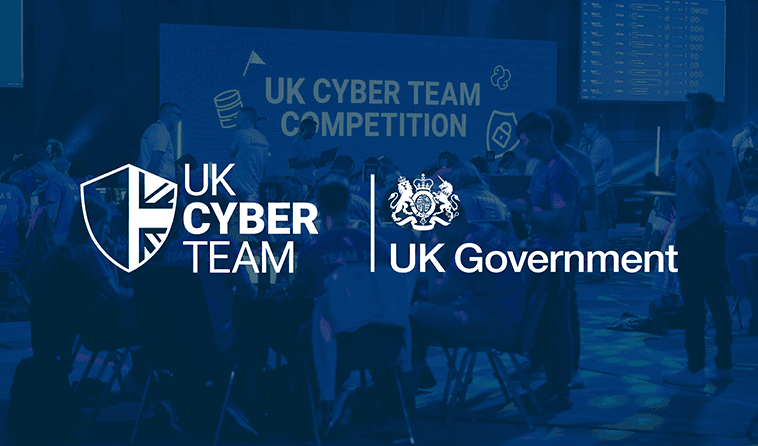
We partnered with the Kuwait Institute of Banking Studies (KIBS), under the Central Bank of Kuwait, to ensure banking professionals possessed the necessary skills and expertise to strengthen cyber resilience and protect the integrity of the financial sector.
Learn More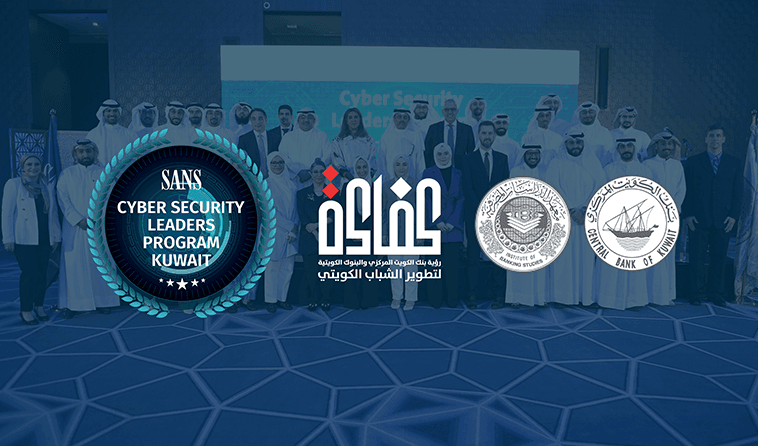
In collaboration with Tamkeen, the Cyber Reskilling Program addressed Bahrain's cyber skills gap by training and certifying Bahraini nationals with two GIAC certifications, helping them transition into cybersecurity roles locally and internationally.
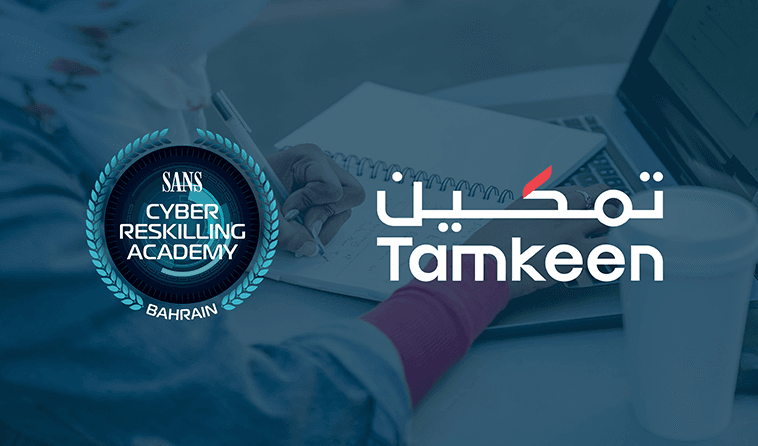
In partnership with ReDI School of Digital Integration, we support women and non-binary individuals from refugee and migrant backgrounds to develop the necessary skills to launch cybersecurity careers. This training benefits SMEs and aids NIS2 compliance.
Learn More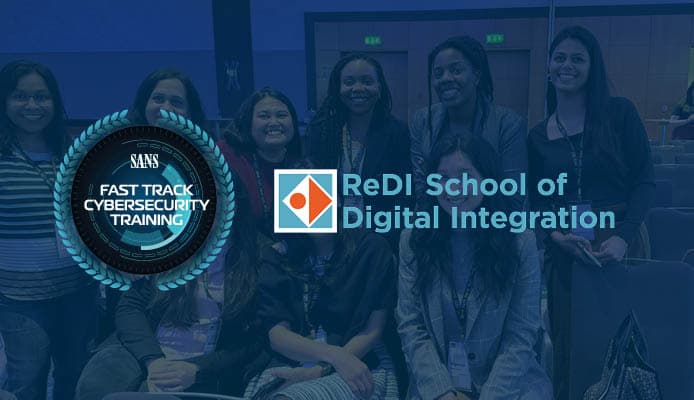
The SANS Talent Academy, in partnership with Women in Cyber Switzerland, offers the opportunity for accelerated high-quality training and certifications to women who want to effectively launch a career in cybersecurity.
Learn More
We collaborated with Allianz to launch the Allianz Cyber Talent Program in November 2023. Under Allianz's leadership, the program partnered with organizations like the Siemens-led African Girls Can Code Initiative (AGCCI), Yessi, Women in Cyber (WiCys), Charter of Trust, and other non-profits.
Learn More
The SANS Institute supports the Dutch Ministry of Defence in enhancing its digital capabilities through five intensive SANS training courses. Delivered via in-person, instructor-led sessions, these private classes are tailored exclusively for the Dutch MOD.
Learn More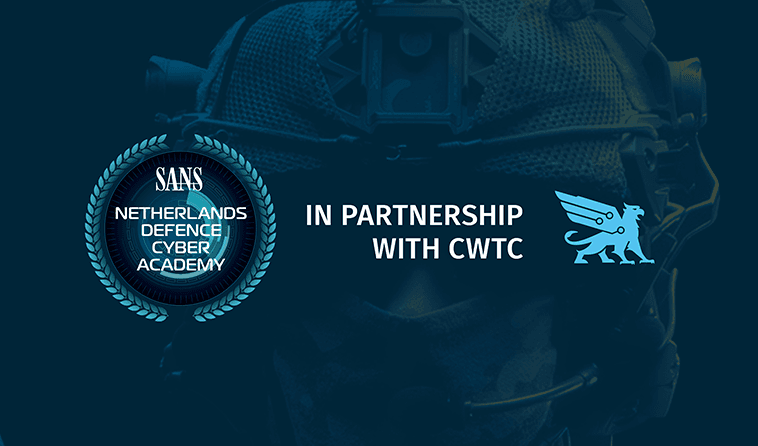
The British Army Cyber Academy, established in partnership with the British Army, offers a rigorous cybersecurity program featuring courses such as GIAC Foundational Cybersecurity Technologies, Security Essentials, Security Operations Certified, and Certified Incident Handler.
Learn More
Student Trained through SANS Programs, 2022-2024
GIAC Certifications Received through SANS Programs, 2022-2024
Jobs Secured through SANS Programs and Employability Support, 2022-2024
Making the career change to work in Cyber Security is the best thing I have ever done and I love my role. I enjoy investigating security alerts and giving our customers advice to prevent cyber security breaches.
With the increasing reliance on digital solutions, it has become imperative to focus on protecting data security from cyber threats that may lead to heavy losses. Therefore, I plan to increase my experience in the field of cyber security to be able to protect the Kingdom's security from such threats.
Upskill in Cyber has really opened doors for me and the SANS team has been professional and supportive throughout the entire process.
Support the development of cybersecurity professionals by sponsoring training programs that equip aspiring talent with the skills they need to thrive. Industry involvement is key to shaping well-rounded practitioners and expanding access to opportunities for underrepresented groups. Your support helps bridge the talent gap, foster innovation, and build a stronger, more diverse workforce. Find out more and get involved here.
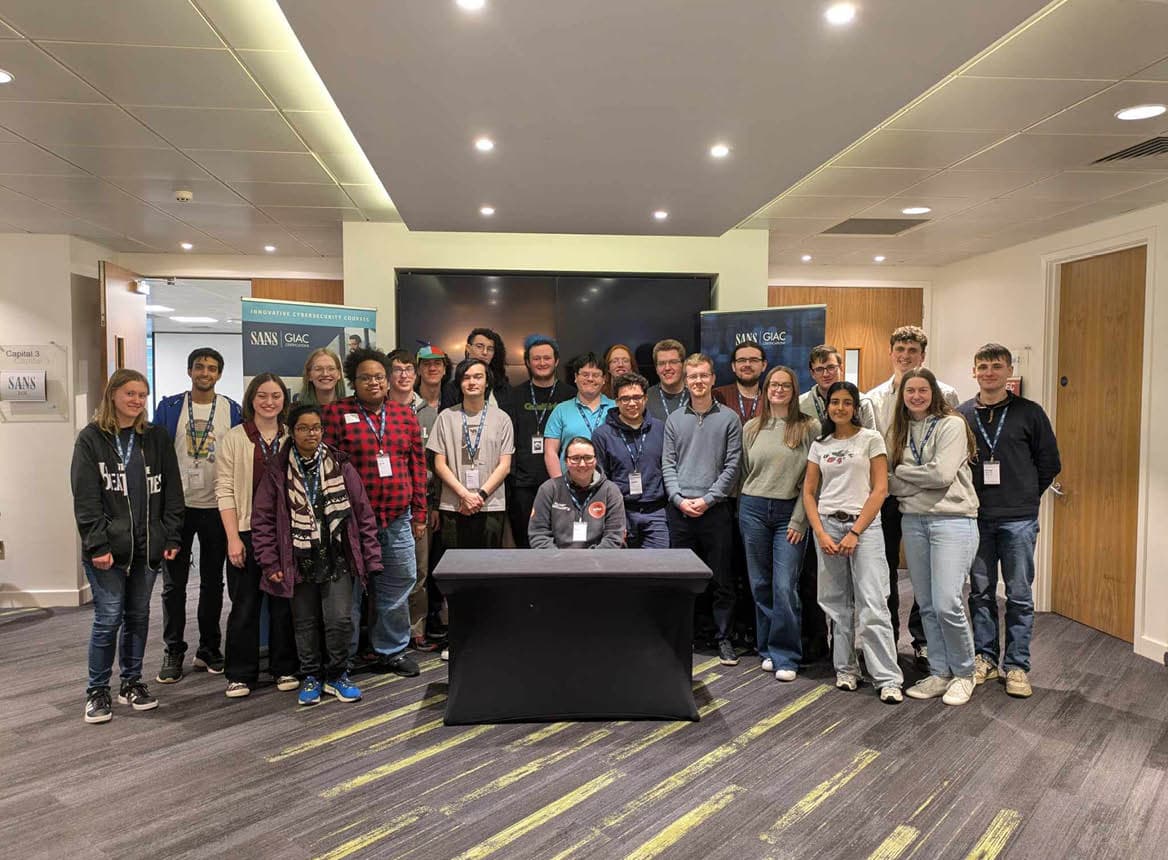
Partner with SANS to connect with GIAC certified cybersecurity talent and support workforce development.
We help employers across EMEA close the cyber skills gap by offering:


We are thoroughly enjoying every element of the UK Cyber Team Competition, and we remain keen to continue adding as much value as we possibly can. On behalf of all of us at Inzpire, I also want to pass on our sincerest thanks to you and everyone involved from SANS. All our dealings with SANS have been excellent, and we feel very proud to be involved in this prestigious and superbly delivered enterprise.

Our alliance with SANS and Tamkeen has been invaluable. Not only have we onboarded top-tier Bahraini cyber security talent, but we are thrilled to share our journey and insights, further propelling this initiative.

I have been thoroughly impressed with the candidates that we have recruited from the Upskill program - they've demonstrated excellent technical knowledge and a high degree of professionalism.

I recently presented to a SANS Upskill cohort. The candidates are learning some fantastic skills and come from a broad range of backgrounds, all of which go to strengthen the cyber security community.